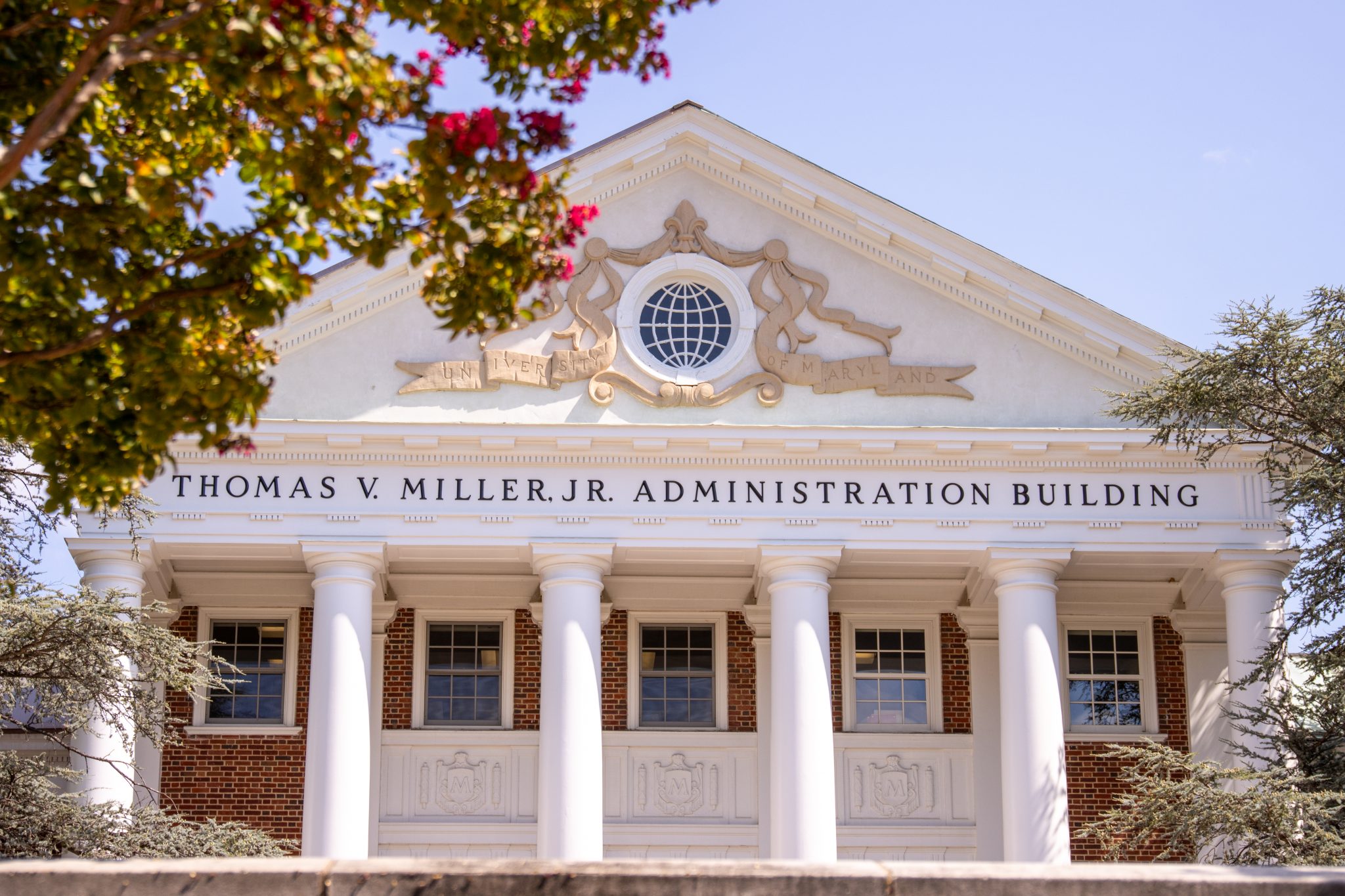By Sam Gauntt and Akshaj Gaur
The University of Maryland’s antisemitism and Islamophobia task force released its findings Friday, which included 10 recommendations to reduce future hate-bias incidents and results of a survey about campus climate.
The task force’s 10 recommendations included urging this university to introduce modules about antisemitism and Islamophobia to the TerrapinSTRONG orientation program and establish a curricular requirement such as a potential one-credit course focused on “dialogue and understanding in environments of tension, difference and conflict,” according to the report.
The curriculum would educate students on free speech, religious differences, antisemitism and Islamophobia, the report said.
“The intention of the task force to recommend steps for measurable improvement for our campus community cannot be overstated,” university president Darryll Pines and University Senate chair Jordan Sly wrote in a campuswide email Friday. “This focus has now yielded findings and recommendations that will allow us to further promote safety, discourse and a sense of belonging on campus.”
Pines announced the 26-member task force, which comprised students, faculty and staff, in a November 2023 campuswide email. The task force aimed to help this university combat the “alarming international rise in antisemitism and Islamophobia,” Pines wrote last November.
The group included this university’s student conduct director James Bond, assistant vice president for engagement James McShay and representatives from this university’s Jewish and Muslim student associations.
[UMD announces task force to address antisemitism and Islamophobia, interim chalking policy]
The task force’s findings come after more than a year of heightened student activism and tension on campus since Hamas’ Oct. 7, 2023, attack on Israel, which killed about 1,200 people and took about 250 hostages, according to the Associated Press. Israel declared war on Hamas the next day, and its military forces have since killed more than 44,000 Palestinians in Gaza, the Associated Press reported Friday.
From Oct. 7, 2023, to Oct. 28, 2024, University of Maryland Police reported nine campus events supporting Israel and 12 events supporting Palestine, according to the report. These campus demonstrations “remained generally compliant” with guidelines, according to the report.
“[This university] has fortunately avoided an eruption of violence on campus or incidents that might have endangered the physical safety of its members during a tense year, even as a number of incidents have generated not only discomfort but also expressions of fear in segments of our community,” the report said.
According to the report, one of the task force’s four subcommittees focused on this university’s policy and procedures, while the other three investigated campus safety, climate and engagement, respectively.
Since Hamas’ 2023 attack, UMPD has received several calls of possible anti-Jewish and anti-Muslim incidents, according to the report.
This university’s Bias Incident Support Services office also saw a spike in incident reports last year. The office received 112 incident reports through the end of November 2023 compared to just 30 reports during the same period in 2022, according to the report.
This surge follows a substantial increase in hate-bias incidents against Jewish and Muslim people nationally.
The report cited FBI crime statistics which showed a 55 percent increase in anti-Jewish hate crimes and 51 percent increase in anti-Muslim hate crimes from 2022 to 2023.
[‘My family back home is struggling’: UMD community grieves Palestinians killed in Gaza]
This year, UMPD received anti-Jewish hate bias incidents reports where a swastika was carved into a bathroom stall and tiles were arranged to resemble a swastika, according to Friday’s report.
Multiple Muslim students at this university shared experiences of being labeled “terrorists or terrorist sympathizers” and being ridiculed for their religion, culture or nationality, the report said.
But the report added many students at this university were deemed less likely to report such incidents, because of a “relatively high tolerance for such behavior.”
The report also announced the findings of this university’s “Belonging and Community” survey, which was conducted between April 3 and May 3 and asked students, faculty and staff their feelings about the campus climate.
The survey found that about 65 percent of Jewish students and 64 percent of Muslim students at this university reported feeling “comfortable” or “very comfortable” with the campus climate, compared to 76 percent of the general campus population.
Out of the survey’s more than 12,000 respondents, 675 identified as Jewish while 418 identified as Muslim.
About a quarter of Jewish and Muslim community members who answered the survey each also said they had experienced “negative or unfair treatment” in the past year.
The task force recommended this university create new cultural programming that explores the diversity of race, religion and ethnicity at this university.
“[This university] has significant latitude to advance a culture of diversity, toleration of difference, understanding, collegiality, and dialogue,” the report said. “We do not have to agree with each other to be sensitive to each other’s fears and insecurities.”



